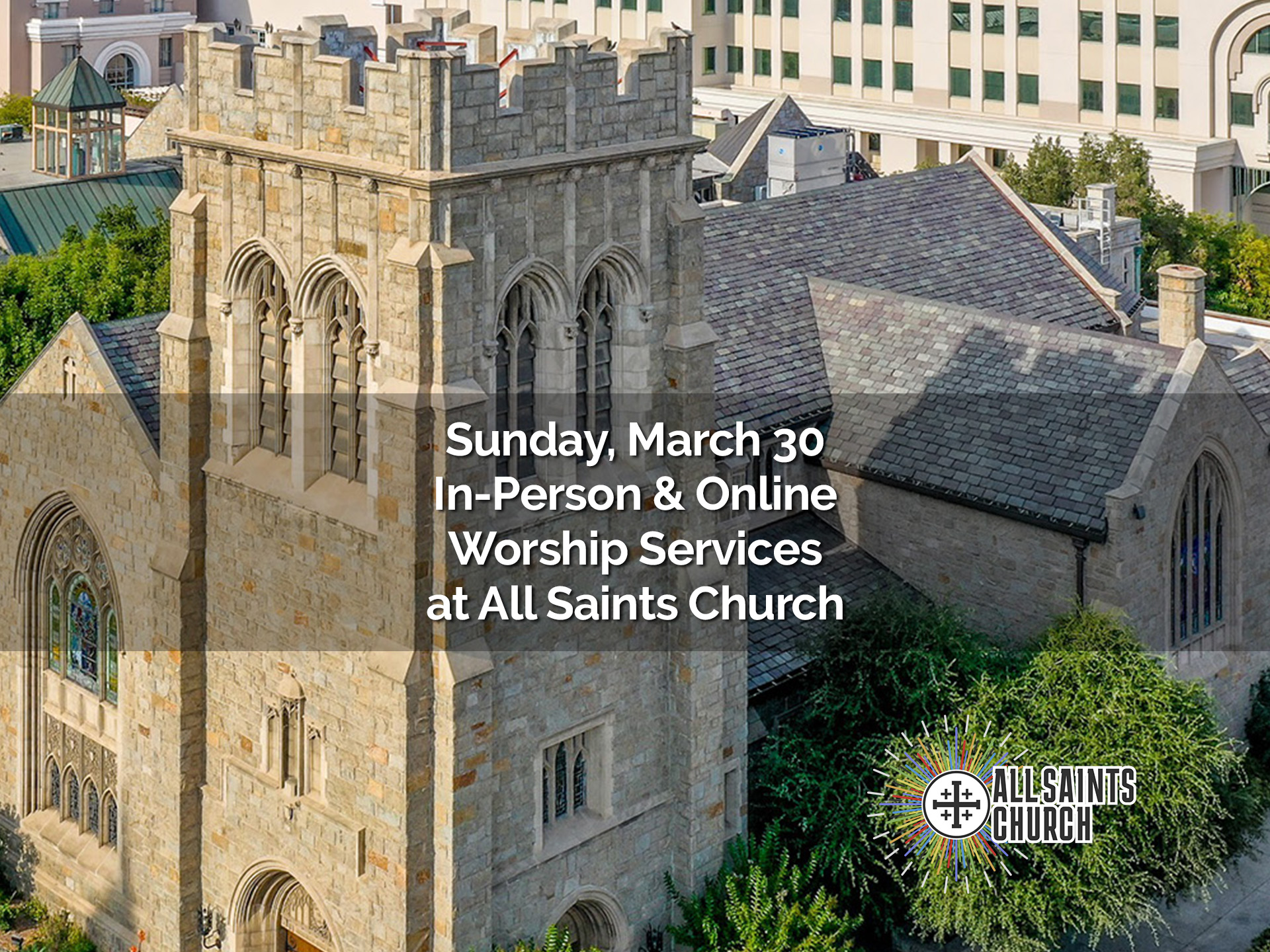Words of wisdom from Bishop John Taylor … shared with permission from his Facebook page.
I’m grateful to Daniel R. Heischman of the National Association of Episcopal Schools for flagging this David Brooks column. Brooks writes, “There’s always one guy, who fell through the cracks of society, who lived a life of solitary disappointment and who one day decided to try to make a blood-drenched leap from insignificance to infamy.”
While quoting Brooks, I’m loath to appear to minimize the evil of antisemitism as the proximate cause of the Tree of Life synagogue massacre. Nor must we ever forget the fictions which politicians and their media enablers devised about the Honduran migrants and which the killer read and watched as he reached for his guns.
But there’s work here for the church as well. We use the vocabulary of relationship and community all the time. It’s second nature. Makes it into almost every sermon. And yet we may forget two things about it.
The first is that we and our interfaith siblings are among the few who even bother to talk in these terms anymore. What is commonplace for us is becoming utterly countercultural. Show me other groups of people displaying a broad diversity of background, temperament, and outlook who gather in unity and love for the sake of the unity and love themselves and in the name of the Unifier and Lover. Let’s keep battling hate, elect leaders who tell the truth, and get the guns under some semblance of control. But let’s do our part as well, which is to build up and nurture communities of connection and care where people feel what they all deserve to feel, which is the love of their Creator displayed on the faces of strangers who will love them and want to know all about them just because they’re there.
The second thing is that we sometimes use the language but grow complacent and forgetful about what it really means. We think the sermon about community and relationship is just for those who are hearing it. It is for us, of course, because sometimes neighborliness within our churches is a considerable challenge. But it’s especially for those who aren’t there. Those who might never come. The strangers to whom we’ll repeat the sermon all week by virtue of our smiles, kindness, forgiveness, forbearance, and solicitousness.
By virtue of our hunger to to encounter the image of God in those who differ from us and with us.
Our sheer curiosity about other people.
The instinct of curiosity, it seems to me, is the leading edge of the 21st century church. Our 15-month-old granddaughter, Frannie, has it. Smile as wide as the moon, arms thrown open to everyone, encountering people, small animals, and the sharp ends of coffee tables without discrimination or distinction. At some point along the line, someone hands us a codebook to use as we make our way through our day. Safe/dangerous. Like me/not like me. My tribe/not. Rich/poor. Worth my time/not so much. Attractive/invisible. Freedom fighter/evildoer. Man carrying his baby along a dusty road/invader. We walk down the street, some of us, sifting, sorting, categorizing. Humans, all magnificent expressions of divine love, become mere symbols and types.
I get that. We’re busy. It’s impractical to reckon every encounter at the checkout counter or with the dude who vacuums your car as a miracle akin to the burning bush. But if you stop, ask and listen, it can be. It will be, if you display the curiosity and empathy of Jesus Christ. Because you’ll discover things you share. Relationship and community will form. Sacrament and therefore church will happen. This may be incredibly inconvenient, because with that former stranger you have begun to enter into your responsibility for and accountability to one another under the mighty wing of the Lover and Unifier. Sad to say, the fear of being inconvenienced may be the main reason we don’t do it — maybe missing a chance to save their life and ours.



